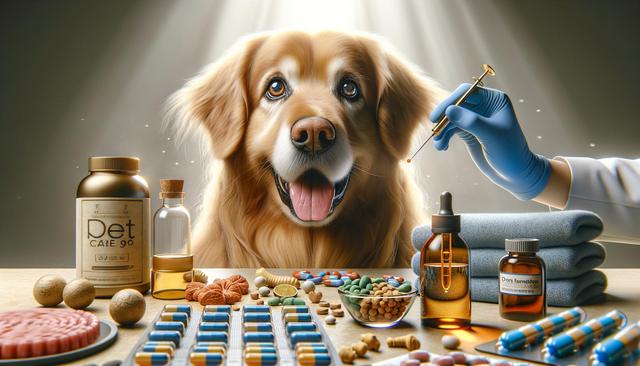Understanding Pet Nutrition and Its Role in Health
One of the foundational elements of pet care is proper nutrition. Providing a balanced diet tailored to your pet’s specific needs can significantly impact their overall well-being. Pet owners should seek reliable pet nutrition advice to ensure their animals receive the right nutrients at every life stage. Dietary needs often vary between species, breeds, and even individual pets, depending on their age, activity level, and health conditions.
When assessing food options, consider:
- Age-appropriate formulas for puppies, kittens, adults, and senior pets
- Protein sources suited to your pet’s digestion and taste preferences
- Inclusion of essential fatty acids, vitamins, and minerals
- Grain-free or limited ingredient diets for pets with sensitivities
Additionally, hydration plays a key role. Cats, in particular, can benefit from wet food to increase their water intake, supporting urinary tract health. Always consult with a veterinarian before making significant dietary changes.
Incorporating Natural Remedies for Pets
Many pet owners are exploring natural remedies for pets as a complement to traditional veterinary care. These remedies can offer gentle support for minor issues such as anxiety, skin irritations, or digestive discomfort. However, it’s crucial to use them responsibly and in consultation with a professional.
Popular natural remedies include:
- Chamomile or lavender for calming effects
- Pumpkin puree for digestive support
- Coconut oil for skin and coat health
- Herbal supplements for joint mobility or immune support
While these options can be beneficial, not all natural substances are safe for animals. Some essential oils or herbal products may be toxic, especially to cats. Always verify the safety and proper dosage of any remedy you intend to use.
The Benefits of Pet Health Insurance
Unexpected veterinary costs can be a significant burden, which is why many pet owners consider pet health insurance. This type of coverage can help manage the financial impact of emergencies, chronic conditions, and routine care, depending on the policy chosen. It can also provide peace of mind, knowing that treatment decisions are guided by your pet’s needs rather than cost constraints.
Common coverage areas include:
- Accident and emergency treatments
- Chronic illness management
- Diagnostic testing such as X-rays or blood work
- Routine wellness exams and vaccinations (if included in policy)
Before selecting a plan, compare providers carefully. Look into annual limits, reimbursement rates, exclusions, and waiting periods. Pet health insurance is most valuable when tailored to your pet’s age, breed, and known health risks.
Dog Health Tips for Everyday Wellness
Maintaining a dog’s health goes beyond vet visits—daily habits and routines play a huge role. Simple dog health tips can make a substantial difference in your pet’s quality of life. Regular exercise not only keeps dogs fit but also supports mental stimulation and behavior management. A consistent walking schedule, playtime, and training sessions all contribute to a well-rounded routine.
Other important practices include:
- Dental hygiene through brushing or dental treats
- Routine grooming to manage coat and skin health
- Flea, tick, and heartworm prevention
- Weight monitoring to avoid obesity-related issues
Early detection is key when it comes to health concerns. Pay attention to changes in appetite, energy levels, bathroom habits, or behavior, and consult your vet if something seems off.
Cat Care Guide: Supporting Your Feline’s Wellbeing
Cats have unique needs that differ from dogs, and a dedicated cat care guide can help you meet them effectively. Felines often hide pain or illness, so proactive care is essential. Regular vet checkups, including dental assessments, are crucial for catching issues early. Litter box habits are often the first sign of trouble, making it important to monitor changes in frequency or behavior.
Key elements of cat care include:
- Providing enrichment such as toys, scratching posts, and climbing structures
- Maintaining a clean and accessible litter box
- Ensuring access to fresh water and quality food
- Keeping vaccinations and parasite control up to date
Indoor cats may face less risk from accidents or infections but can be prone to obesity or boredom. Balancing safety with stimulation is essential for their physical and emotional health.




Leave a Reply